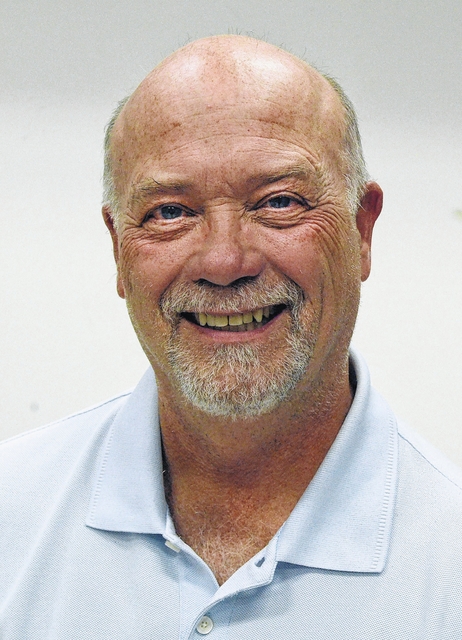As still a part of the work world, I see my share of people pretty much every day in the buildings I’m working, in the occasional hotels in which I stay and in the places I grab a bite, in addition to those I pass when I’m not working. While observing my fellow men and women and their actions, I’ve taken note of some things that may carry a larger message.
Now, of course, especially in my adult years, I’ve not really statistically charted my interactions with the strangers who so often pass by me when I’m out and about, so I really can’t in verifiable fashion prove what I suspect. However, my general feeling is I just don’t think we’re quite as considerate and nice to one another as we used to be.
If you’re familiar with some common stereotypes that have been promulgated over time, self-absorption, insensitiveness and a lack of congeniality have often been associated with New Yorkers. You may recall one of the early scenes of the 1969 movie Midnight Cowboy, which if you know your Hollywood trivia remains the only X-rated movie ever to win an Oscar for best picture.
The scene shows a naïve Joe Buck after he arrives in the city following his odyssey from Texas. On his first walk down a crowded Manhattan sidewalk, he comes upon someone sprawled on the concrete facedown. While Joe stops, looks down and looks around in concerned fashion, expecting someone to offer to help in some fashion, he sees instead dozens of people walking past the prone body on both sides without even looking down at him.
While I’ve not seen anything that callous in the places that surround me day to day, I sometimes wonder whether we truly are paying as much attention to each other as we once did. I seem to remember in my past whenever I passed someone on a sidewalk or at the mall or while working, there were many more acknowledgments exchanged. Sometimes it was a brief hello or a brief observation, as in, “Is it ever going to stop raining?”
And, if there were no words exchanged, at least there was a nod of recognition or a smile, which is, of course, the universal language that trumps any differing languages spoken. Even that exchange of smiles given with nary a break in stride to either party was really all that was necessary to send a message of commonality, one that says that we’re both trying to make it in an often confusing and chaotic world as best we can, that we both bleed when we’re cut and that we’re both trying to get our business, if not completed, at least to the point where we can realize restful repose by day’s end.
However, for quite some time now, there have been times, pretty much every day, when I’ll pass someone in a hall or on the street who’s phone fiddling while walking, and while I know peripherally the person is aware of another human being passing by, there’s no acknowledgment. There are also several other times when someone is even looking forward and passing yet never speaks, never nods and never smiles.
Am I overreacting when the thought passes through my head that this is sign where simple civility, while maybe not entirely dead, might very well be in the ICU. Am I connecting the dots correctly or not when I say that this disregard for others we don’t know extends to certain other behaviors?
How often when I’m at Meijer or Walmart when I walk to or from my car do I see shopping carts strewn all over the lot, left by those who must have felt that the few seconds they saved by not returning it to the cart corral was worth far more than the several minutes it was going to take for one of the store’s employees to go around and gather up all the strays before returning the long line to the store.
Recently while doing a cleaning inspection in Columbus on the Ohio State campus, I entered a break room and saw someone had tipped over a large jug where pop-can tabs were being saved for recycling to give to Ronald McDonald House charities. Some of the tabs were on the sink counter and many more were on the floor.
Now, again as with the carts, instead of someone who accidentally tipped over the jug taking the few seconds it would have taken to rectify the mistake, the person must have decided that those few seconds were more valuable than whoever would come along to clean up later.
Perhaps it’s just my overreacting and my experiences are just a matter of encountering often the wrong types of people, or perhaps my observations carry a deeper message. If it is indeed the latter, let’s hope that the behavioral pendulum swings back, and there’ll be a rebirth of a time when we’ll routinely and civilly acknowledge one another both with a nod and/or a smile when we pass one another and a time when we’ll be more cognizant of the simple truth that our time is certainly NOT more valuable than someone else’s.
After all, aren’t we all in this together?
John Grindrod is a regular columnist for The Lima News, a freelance writer and editor and the author of two books. Reach him at [email protected].







